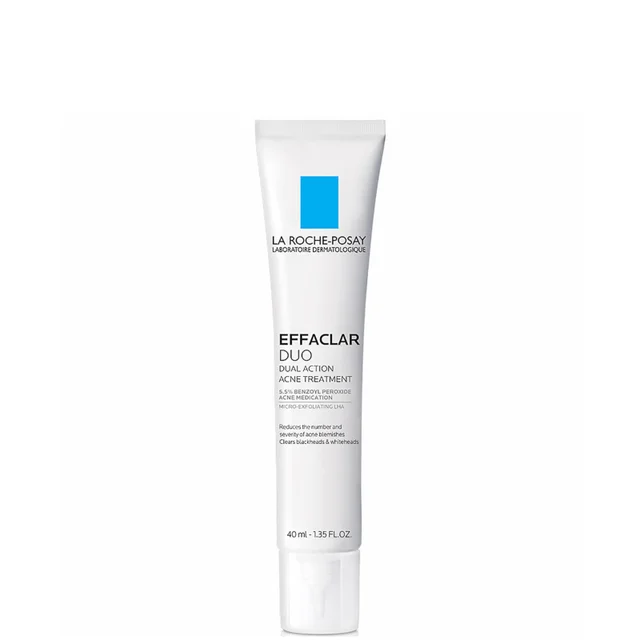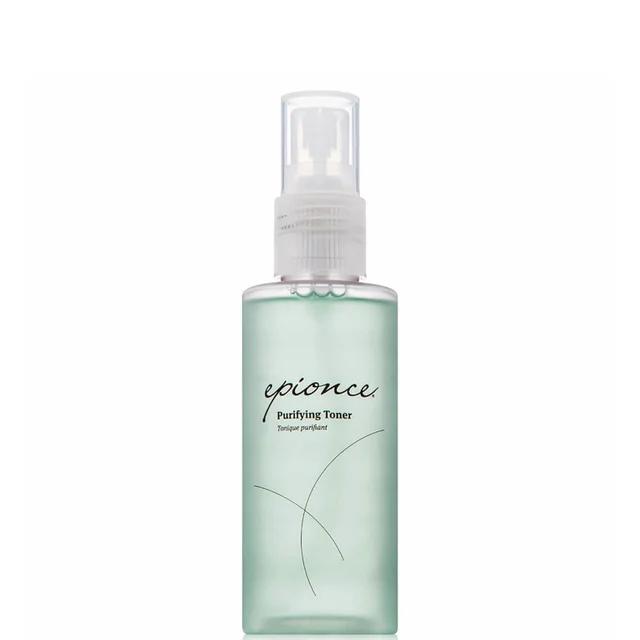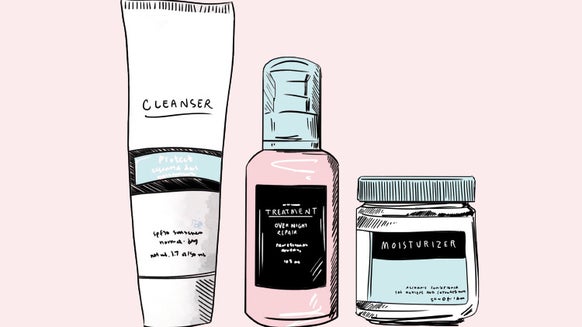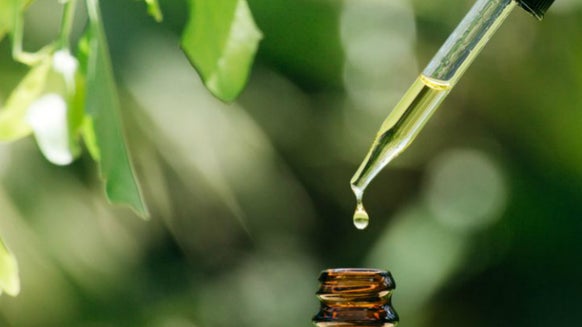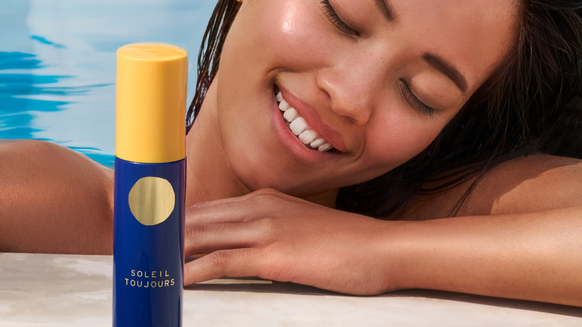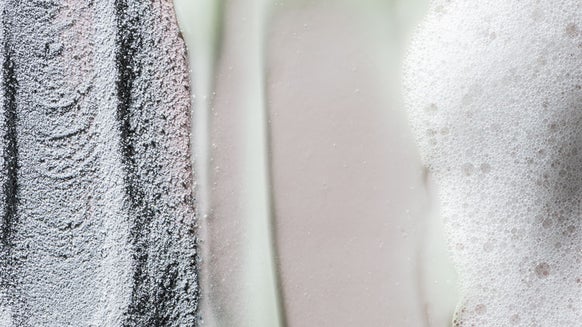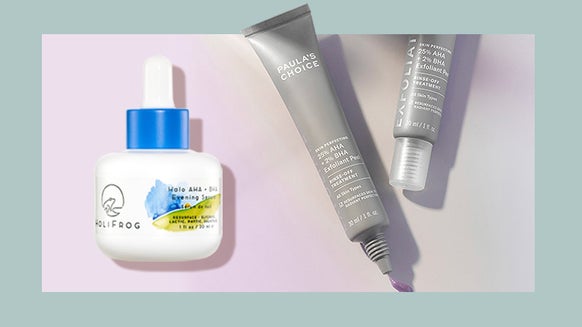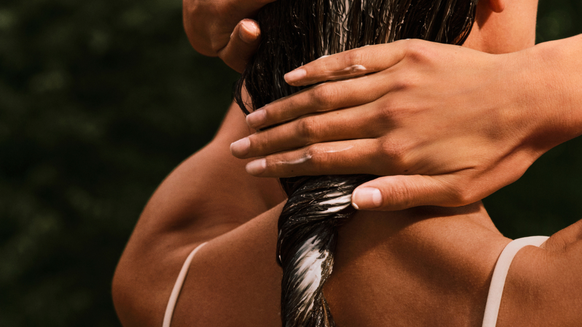DIY Acne Treatment Dos & Don’ts
Going green and embracing the DIY movement in your everyday life might sound appealing, but at-home remedies don't always make for the most effective acne treatments. Some benign-looking home remedies can actually harm your skin. "Natural" does not necessarily mean safe or chemical-free. In fact, all things in nature contain chemicals, many of which are not approved for topical use. Poison ivy is natural but is definitely not good for your skin! Before you turn to natural remedies for your acne troubles, make sure you're not putting something totally ineffective—or legitimately harmful—on your skin.
Leave these supposedly natural acne fighters alone and instead focus on 7 Nutrients Anyone With Acne-Prone Skin Should Load Up On and Dos and Don'ts for Treating Acne.
Toothpaste for Acne
Although you may be tempted to use toothpaste's antimicrobial powers against your acne, it's not as promising an option as it may seem. The last thing you want is more skin problems at the site of your last breakout, brought on by an allergic reaction to a particular brand of toothpaste. Whitening toothpaste, in particular, is a risky choice. It causes irritation and itching, and in dark-skinned people, discolored patches. Plenty of non-whitening toothpaste flavorings (especially cinnamon), essential oils, parabens and even fluoride can also aggravate your skin, leading to redness and rashes that may look just like acne. Sodium lauryl sulfate, which makes your toothpaste foamy, is a major skin irritant that can cause actual acne, in addition to itchy rashes. Concentrations of SLS vary between toothpaste brands, so you never know how strong yours might be.
Fruits and Spices
Natural beauty gurus often suggest making your own masks, moisturizers and peels out of common kitchen ingredients, like fruit or spices. Although some foodstuff derivatives show up in commercial products and do contain acne-fighting properties, not all are safe. Citrus fruit juices, like lemon or lime juice, can give you phytophotodermatitis—a condition that can leave a rash, more acne and dark spots hours or days after you go out in the sun. Carrots and celery have a similar effect. Cinnamon, nutmeg, paprika and cloves, also often touted as natural acne-fighters, contain oils that can cause contact dermatitis, which shows as redness and burning or lesions.
Vinegar and Baking Soda
A lower skin pH is associated with lower levels of Propionibacterium acnes (the bacteria that causes acne), and a higher pH with higher levels of P. acnes. Commercial acne-care products are typically optimally formulated to regulate the skin's natural pH, which varies between 4.0 and 7.0, to skew slightly lower so that acne does not develop. The key word here is "slightly"—too acidic a pH can cause skin irritation. Vinegar, for example, which is often recommended by natural beauty fans as a toner, has a dangerously low pH for skin use. Baking soda, used as an exfoliant on acne-prone skin, has a high pH, on the other hand. It may promote further acne formation if used topically.
Suntans on Acne
Although light is an effective killer of P. acnes, it's blue or red LED therapy that is the most effective, not sunlight. Specific wavelengths of blue light attack the strain of bacteria that's often responsible for causing acne. The light creates oxygen radicals that kill P. acnes bacteria without damaging healthy skin. Sun exposure, on the other hand, gives the impression of clearer skin, since it combats oiliness, darkens the skin around acne lesions and is temporarily anti-inflammatory—but in the long run, it does more harm than good. UV light from tanning beds and the sun ultimately makes acne worse, causing flare-ups a few weeks after exposure. Some people develop dark pigmentation where acne lesions once were and sunlight can make this effect worse. Those using topical anti-acne medications may find themselves with unexpected sunburns and skin damage. Wrinkles and other signs of premature aging, as well as signs of cancer, can come later after repeated prolonged exposure to UV light.
Raw, Natural Ingredients
Plenty of plant extracts—think basil oil, sandalwood, chamomile, eucalyptus, witch hazel, lavender, oatmeal, soy and licorice—might have mild success on acne-prone skin. But you risk irritating your skin by directly applying the raw materials. Tea tree oil, for example, is antimicrobial, but can cause contact dermatitis. Natural remedies may also contain concentrations that are too low to be effective. Instead, your dermatologist can point you in the direction of skin care solutions that use these ingredients well.
This article has been reviewed by board-certified dermatologist Dr. Emmy Graber.

From the latest hair and makeup trends to the best solutions for your skin issues, we've got all your beauty concerns covered!

